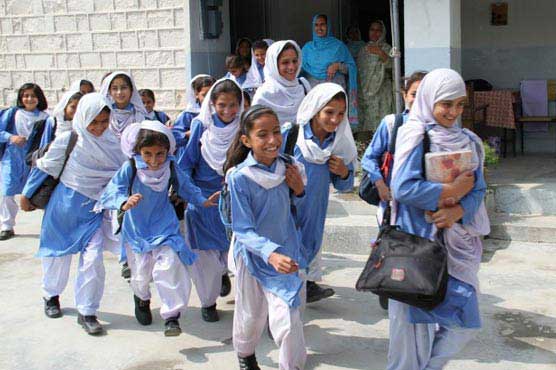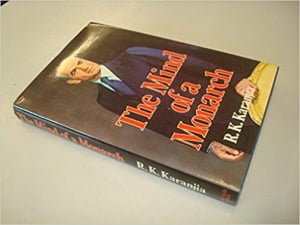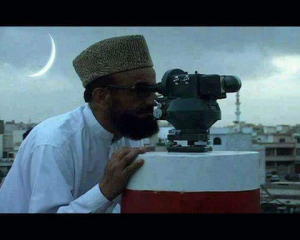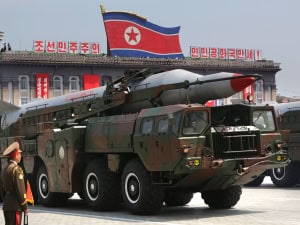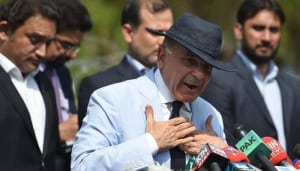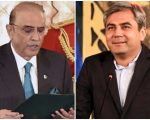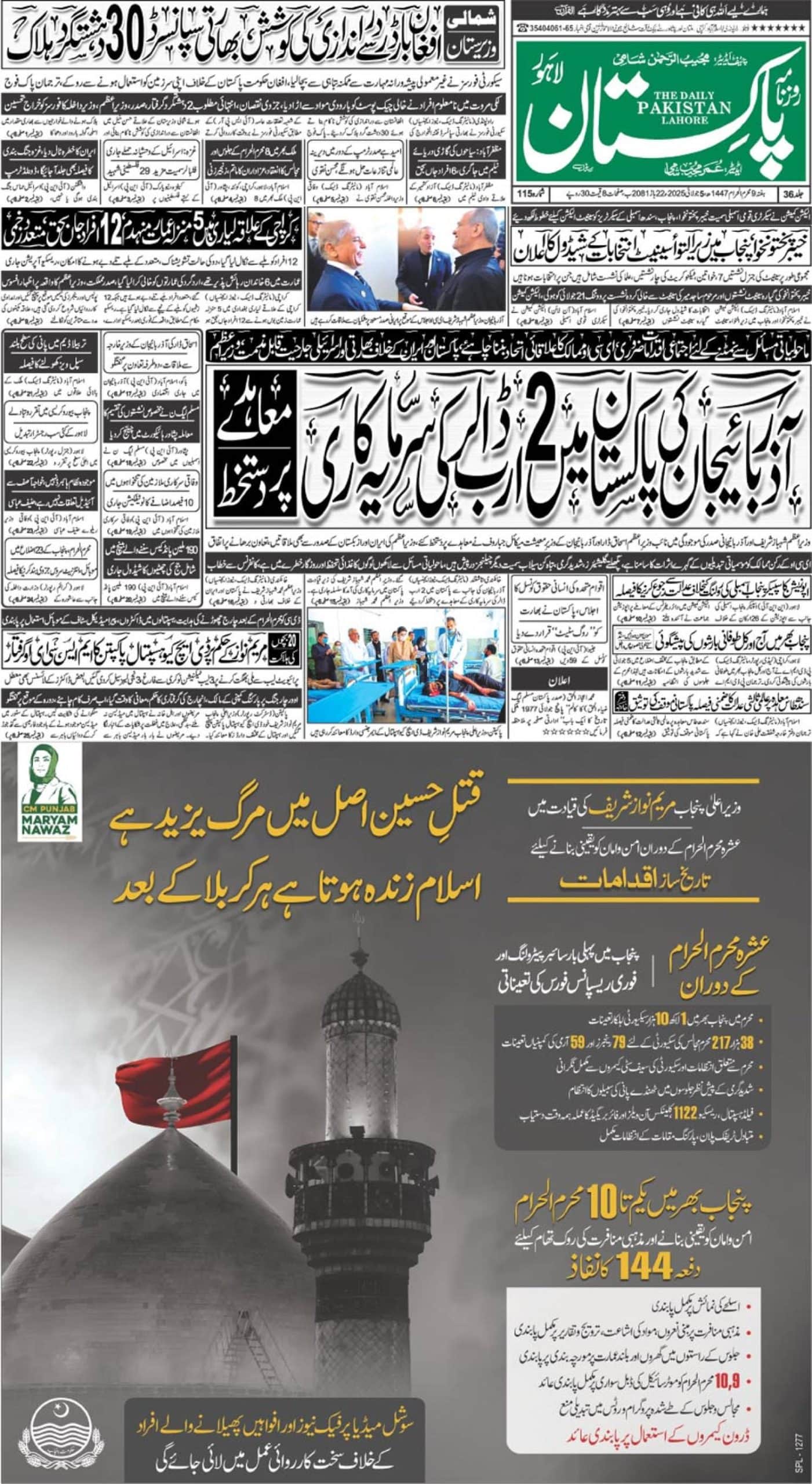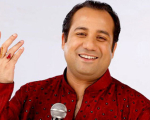The academic value of early education at schools can’t be exaggerated, and the same can be said for the national need for children to be taught about cleanliness and emergency readiness. However, Pakistani educationists fail to give adequate attention to hygiene and health education. Institutions compete on the basis of their results in board exams, and parents also don’t bother to look beyond curricular education.
The rates of hepatitis, diarrhea and skin allergies in children throughout the country is appalling. On World Hepatitis day, Minister for National Health Services Saira Afzal Tarar said that Pakistan has more than 12 million people suffering from hepatitis B or C, and diarrhea kills around 350,000 children every year.
According to the latest WHO data, in 2017 road traffic accidents deaths in Pakistan reached 27,081 or 2.22% of total deaths. Lack of emergency services in case of an accident in urban areas and no accident rescue in rural areas portrays the lack of interest and failure in life-saving efforts.
One can see there is a compelling case for youth to be taught about hygiene, preventive health, allergies, and road emergencies. However private or sensitive personal hygiene may be for people of certain regions, it must be taught in the schools. Why can’t hygiene and health be a compulsory part of the curriculum?
Buddha rightly said, “To keep the body in good health is a duty otherwise we shall not be able to keep our mind strong and clear.”
Hygiene
In a bid to get good results, most of the schools ignore the essential human attributes. Living a happy life and being successful without having a healthy and strong body and mind is impossible. Hygiene is a reflection of one’s own self as it has a huge impact on a person’s personality. It is as vital as good food, sleep and exercise are. Unfortunately, most of the people believe that now, in the 21st century, we are clean enough hence, hygiene isn’t important. Germs are all around us and being apparently clean doesn’t guarantee the safety. Microorganisms like bacteria are always present and ready to spread infectious diseases.
If governments can provide bags, books, and uniform to kids, providing a toothbrush isn’t a herculean task. Public funded schools should also provide a hand wash to the preschool children and teach them the proper use of it. The government should hire trained teachers to teach hygiene at a very early age and kids should be taught to keep themselves clean and healthy by allocating at least one period a day to this most important part of education.
There are many organizations working on hygiene and health education which also fund the activities. The government should search for donors who could not only provide toothbrushes, sanitizer etc. but also fund the teachers. For example, in the USA some schools are provided with electronic toothbrushes which make both teaching and learning hygiene easy.
School counselors must be appointed to get involved in serious cases. In our country, most of the kids suffer from oily hair and body odour, and usually this is a result of neglect or unawareness. They should be taught to take baths and use deodorants, so that they do not look or smell unpleasant, and remain healthy.
Parents and teachers often send kids to the washroom for washing hands, but seldom are these kids taught the proper methods. Additionally, children also do not manage to learn how to shower or how to brush and floss their teeth.
J. Michael McGinnis, Director -Disease Prevention and Health Promotion, US public health said ”What is very clear is that education and health for children are inextricably entwined. A student who is not healthy, who suffers from an undetected vision or hearing deficit, or who is hungry, or who is impaired by drugs or alcohol, is not a student who will profit optimally from the educational process. Likewise, an individual who has not been provided assistance in the shaping of healthy attitudes, beliefs, and habits early in life, will be more likely to suffer the consequences of reduced productivity in later years.”
Accident Emergency
Teaching first aid is necessary at school for kids must know how to react in case of emergency. It’s often found that doctors are inaccessible at the time of an emergency and if one is unaware of the actions taken at an accident emergency to cure the injury for the time being the wound may worsen and become fatal. Skillful and experienced people should teach kids First Aid properly. Every week, one hour should be dedicated to First Aid teaching and as a result, youth will become an asset to the society. They will be ever ready to volunteer if they happen to witness an accident of an anonymous person on road. The benefits of learning First aid are innumerable: kids can help save a life, prevent pain and help someone breathe.
Preventive and emergency healthcare on campuses
Schools must foster health along with learning as a sacred duty. Parallel to teachers, parents, health officials and community should be involved to teach health and provide a healthy environment for kids. The government with the help of health promotion programs should try to inculcate the ways and benefits of being well to the youth at school. Children must learn to take care of themselves.
Educationists should also include the texts, videos, and audios depicting the causes and symptoms of some of the most prominent diseases like heart attack, stroke, and brain hemorrhage. For instance, our hospitals are overcrowded by patients who were neither aware of causes nor of symptoms of heart attack. They procrastinate and are, unfortunately, taken to hospitals on stretchers instead of consulting a doctor as early as the earliest symptoms show up. Parents neither know nor are children taught the signs’ of emergency. Who is responsible for these tragic stories? If kids are taught the causes of likewise diseases, they can save precious lives and share the knowledge with parents making them fully aware of the coming pain and misery. Only scouts are taught certain knowledge here in the land of the pure but these scouts are far and few in number.
Some of the private schools claim that they teach hygiene, First Aid and preventive and emergency healthcare to the kids but the reality is different. Most of these schools only conduct a seminar once in five years just to be able to add a line in their advertisements. A proper system should be devised with proper allocation of time, availability of essential equipment. There should also be texts in subject books along with videos depicting the methodologies according to the child’s age group and understating level. WHO has developed a program on school and youth’s health. The government should also start programs to make our future string and healthy.
Utilizing the best available forum of schools can bring revolutionary changes to the country. All the educational institutions have an opportunity to inculcate knowledge in the minds of kids at a very early age. Even then, the overwhelming majority of students is unaware of the significance of hygiene in their lives and the condition worsens in rural and backward areas of the country. They deserve a healthy body and strong mind and society can excel if it has an active and trained youth who is ever ready to perform First Aid duties.
